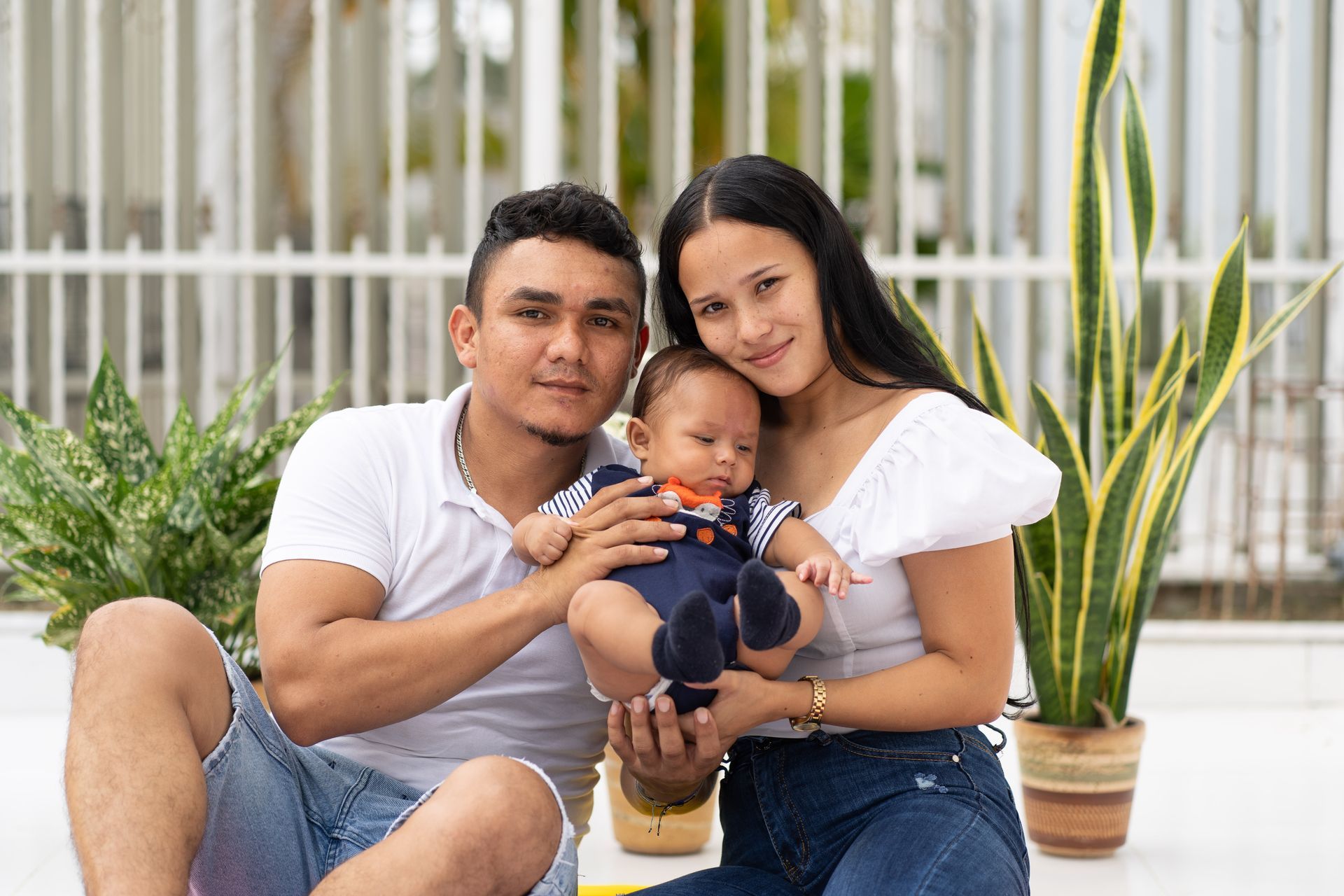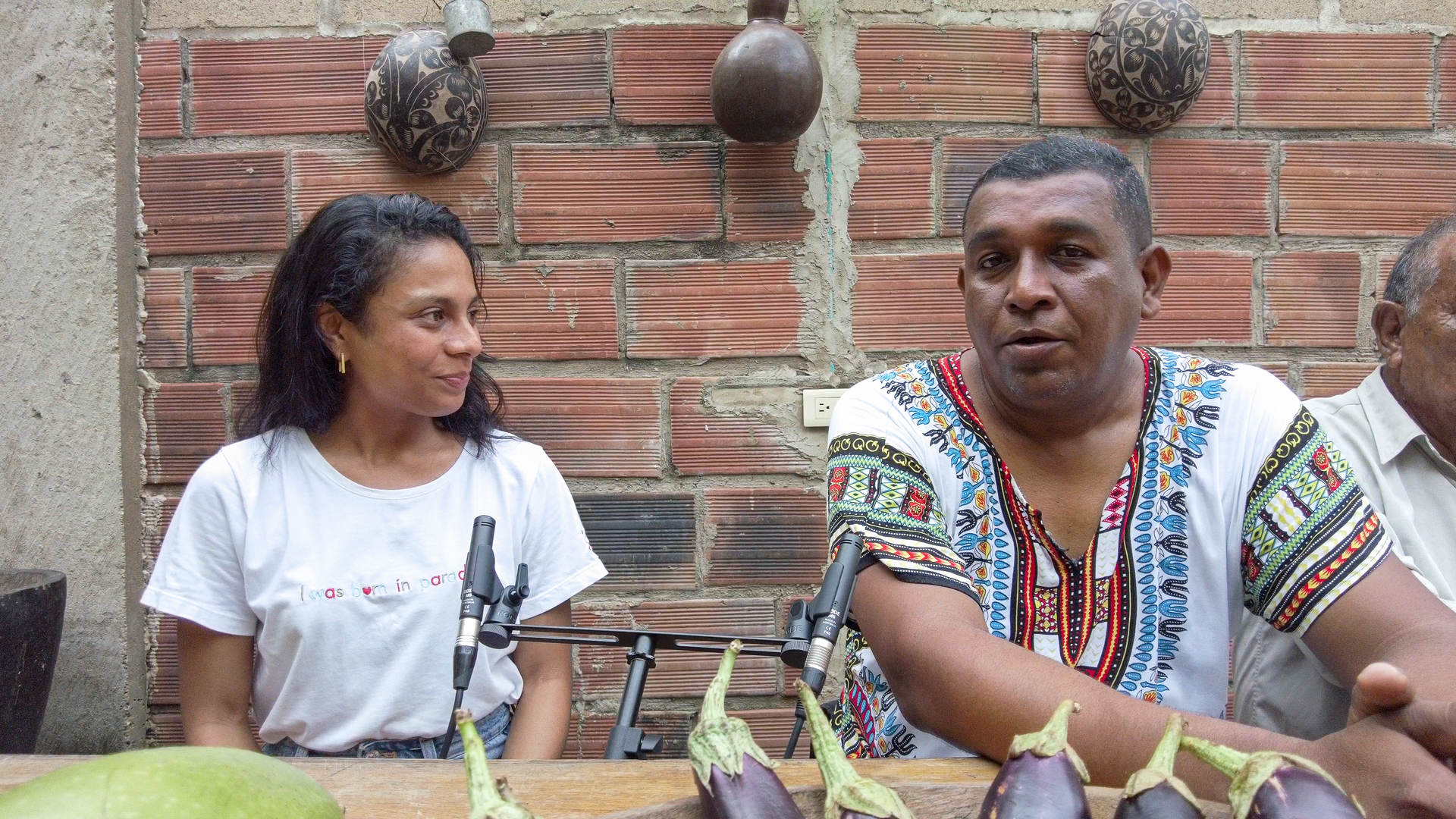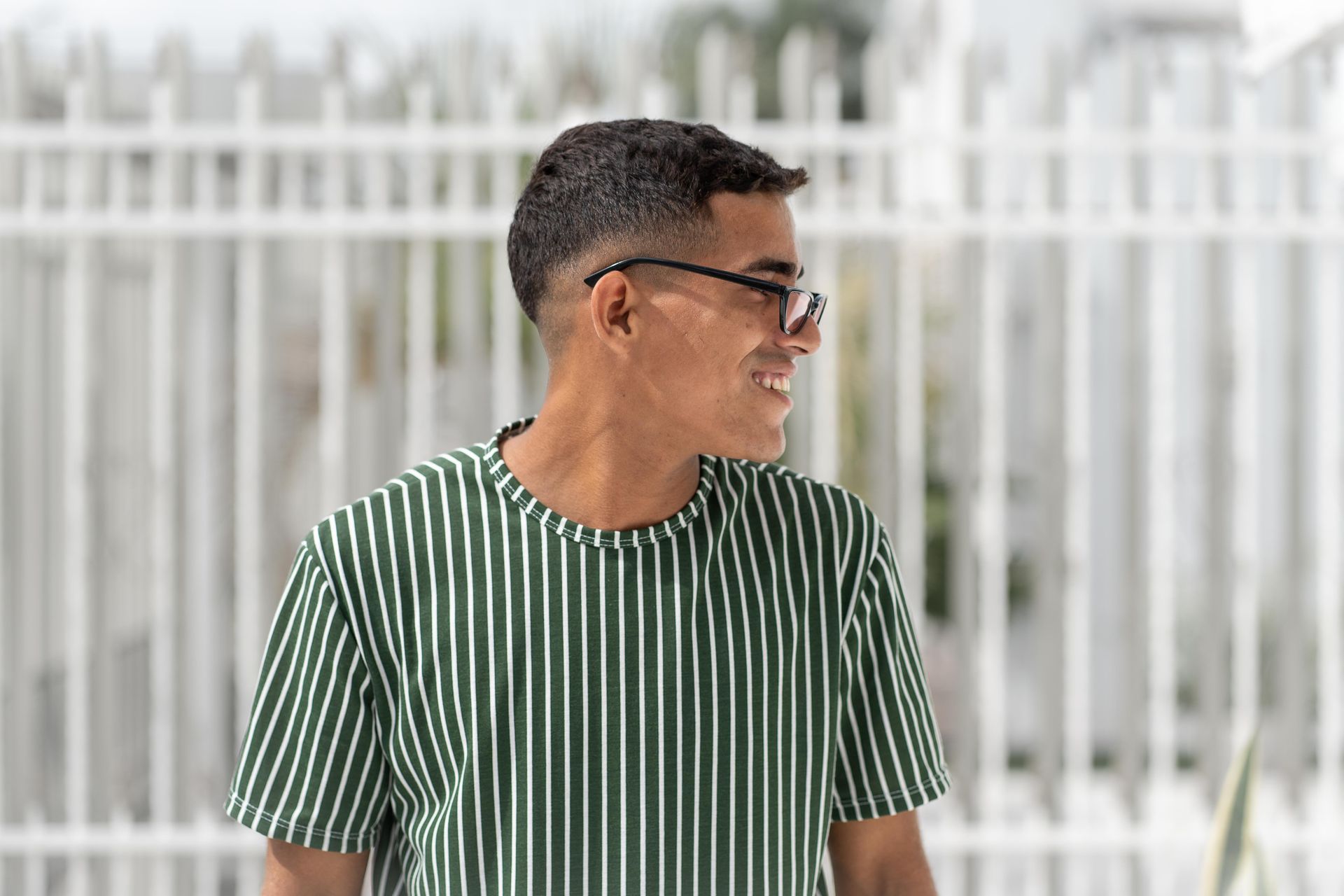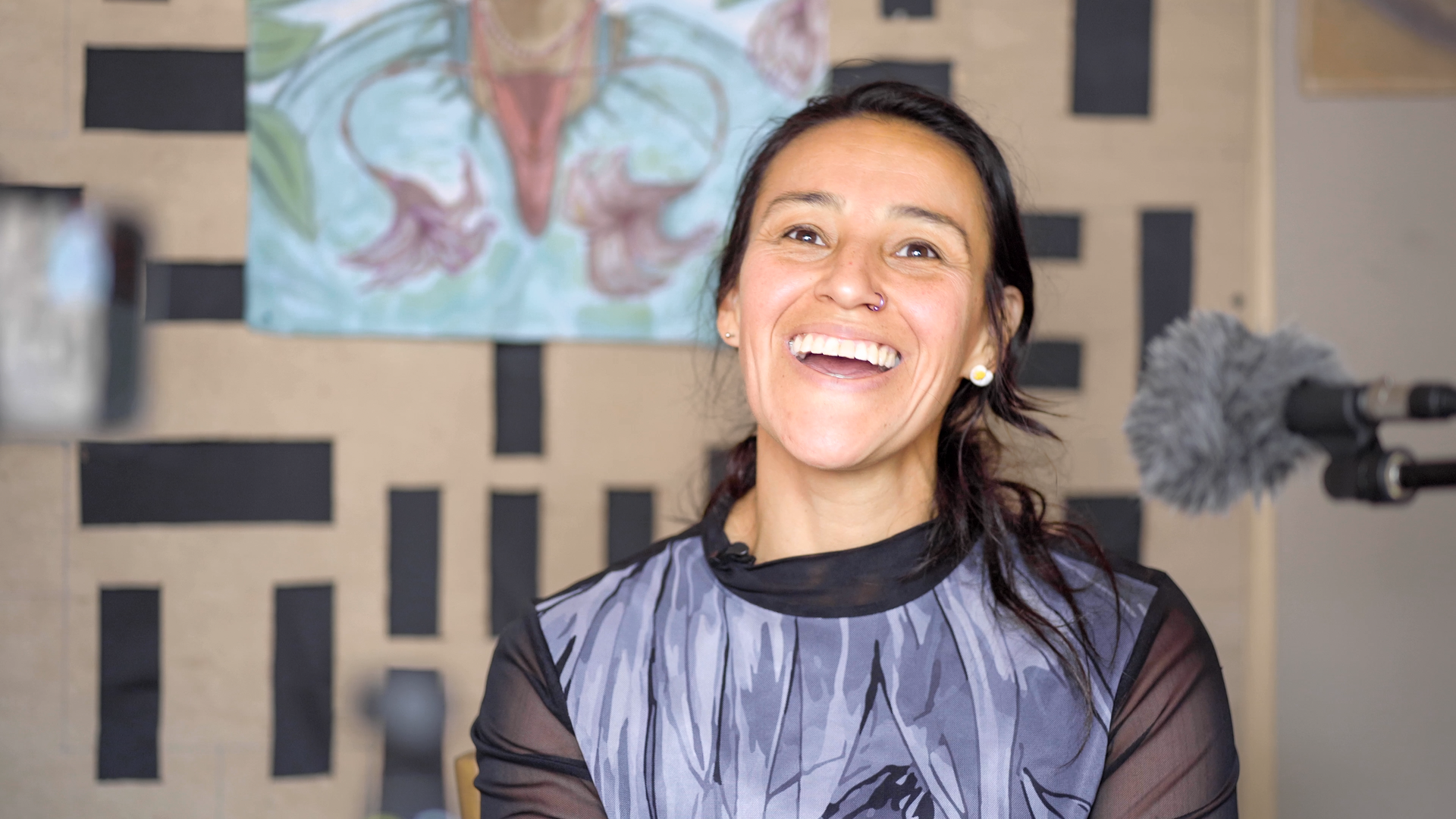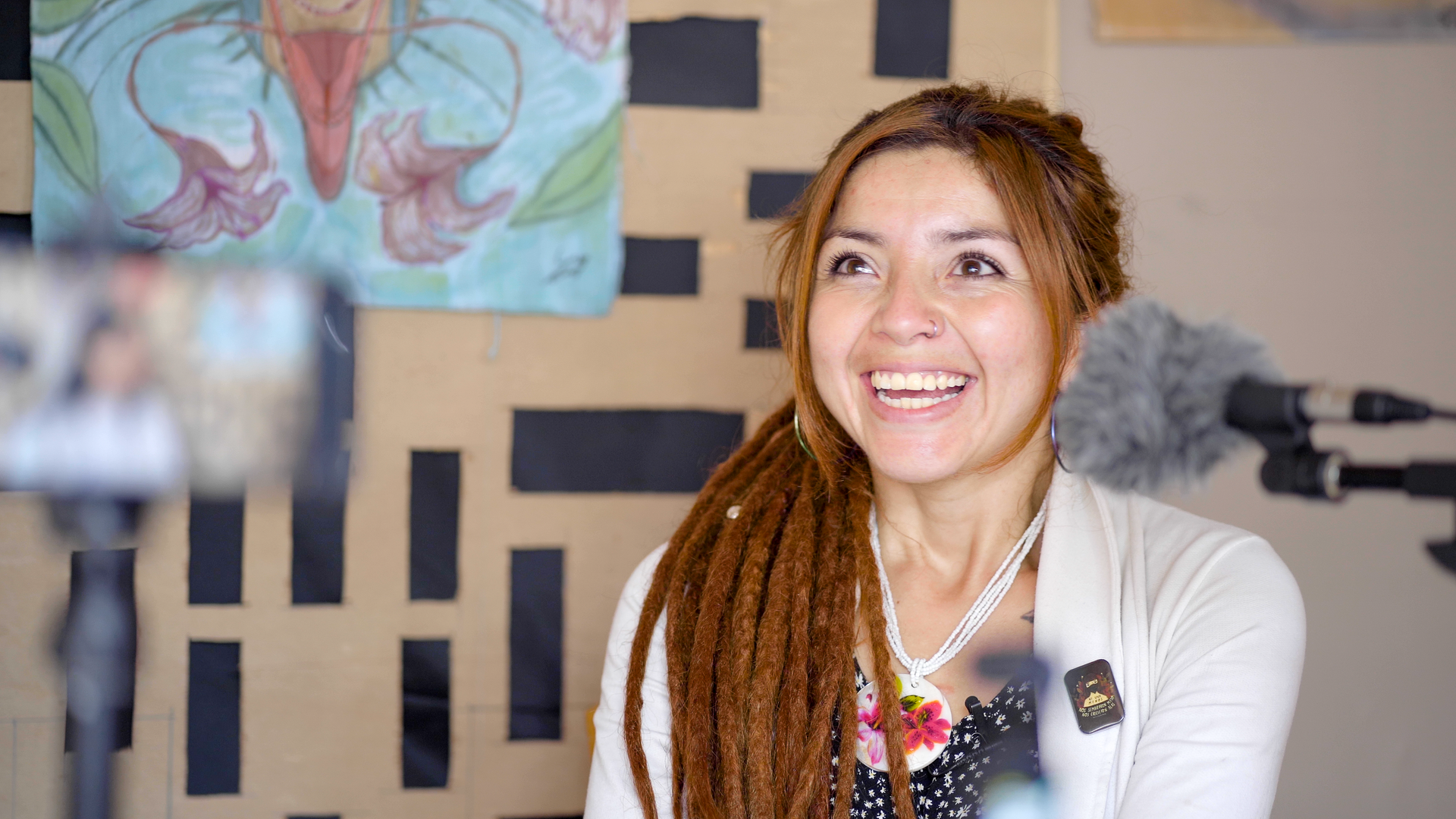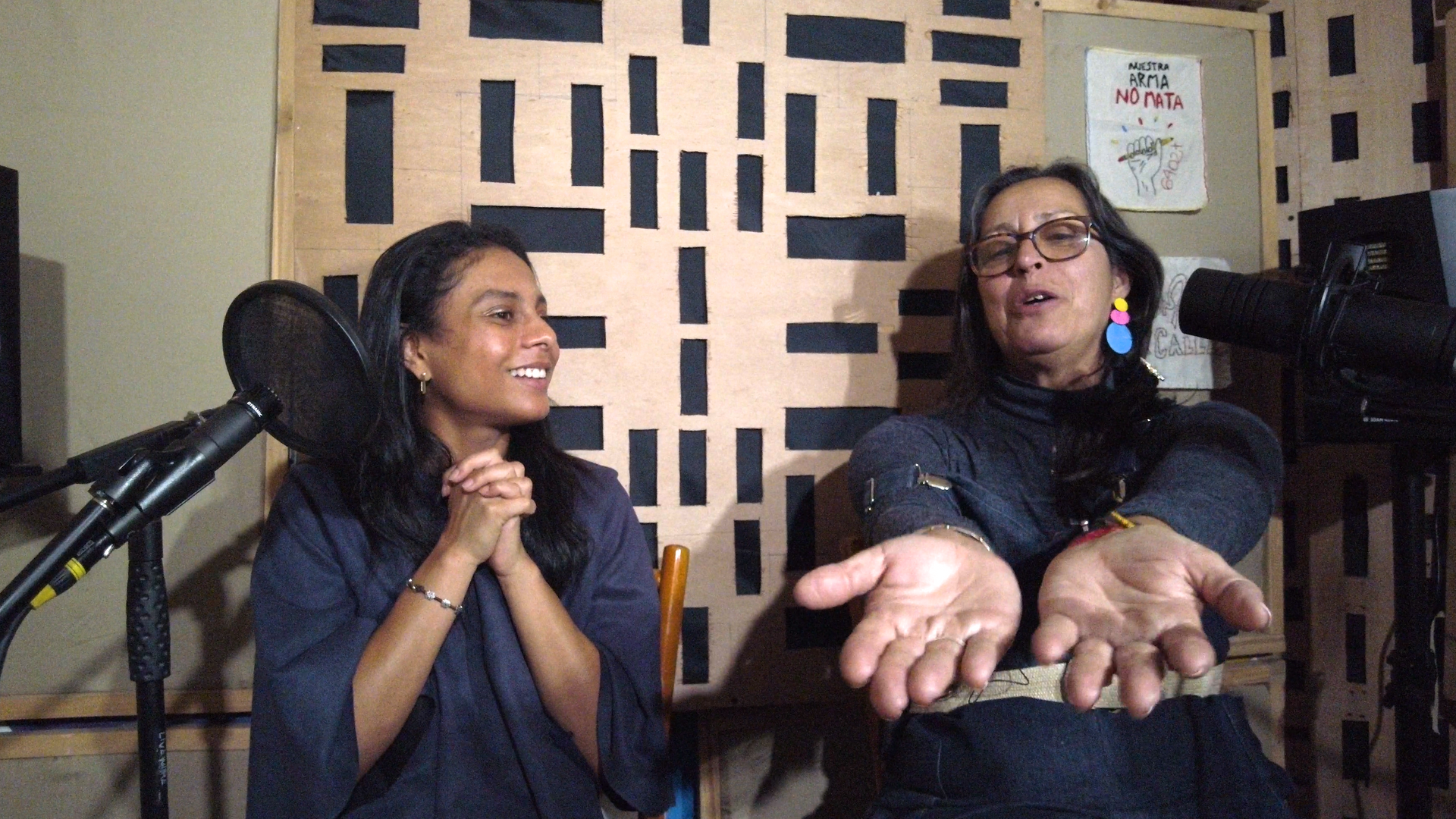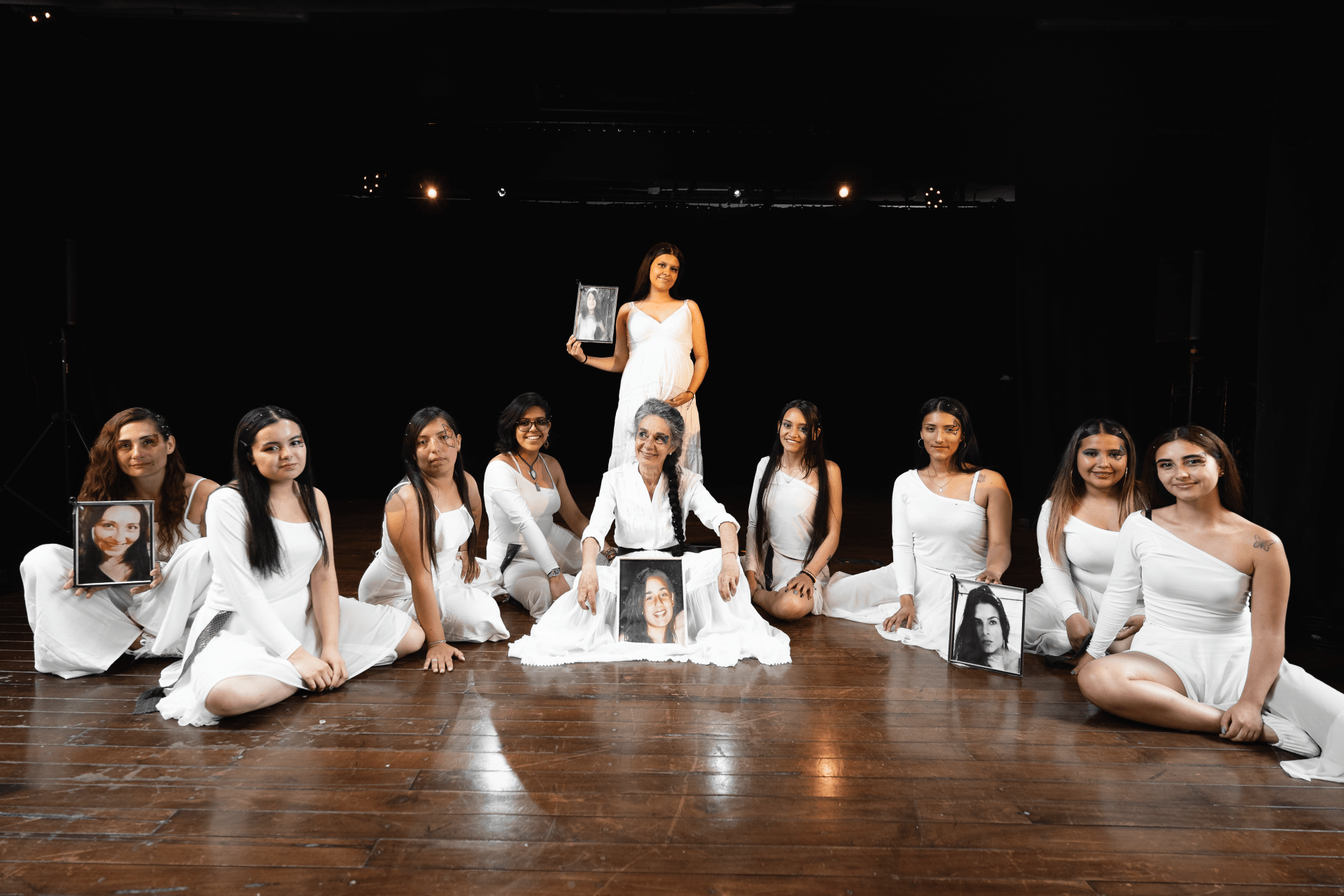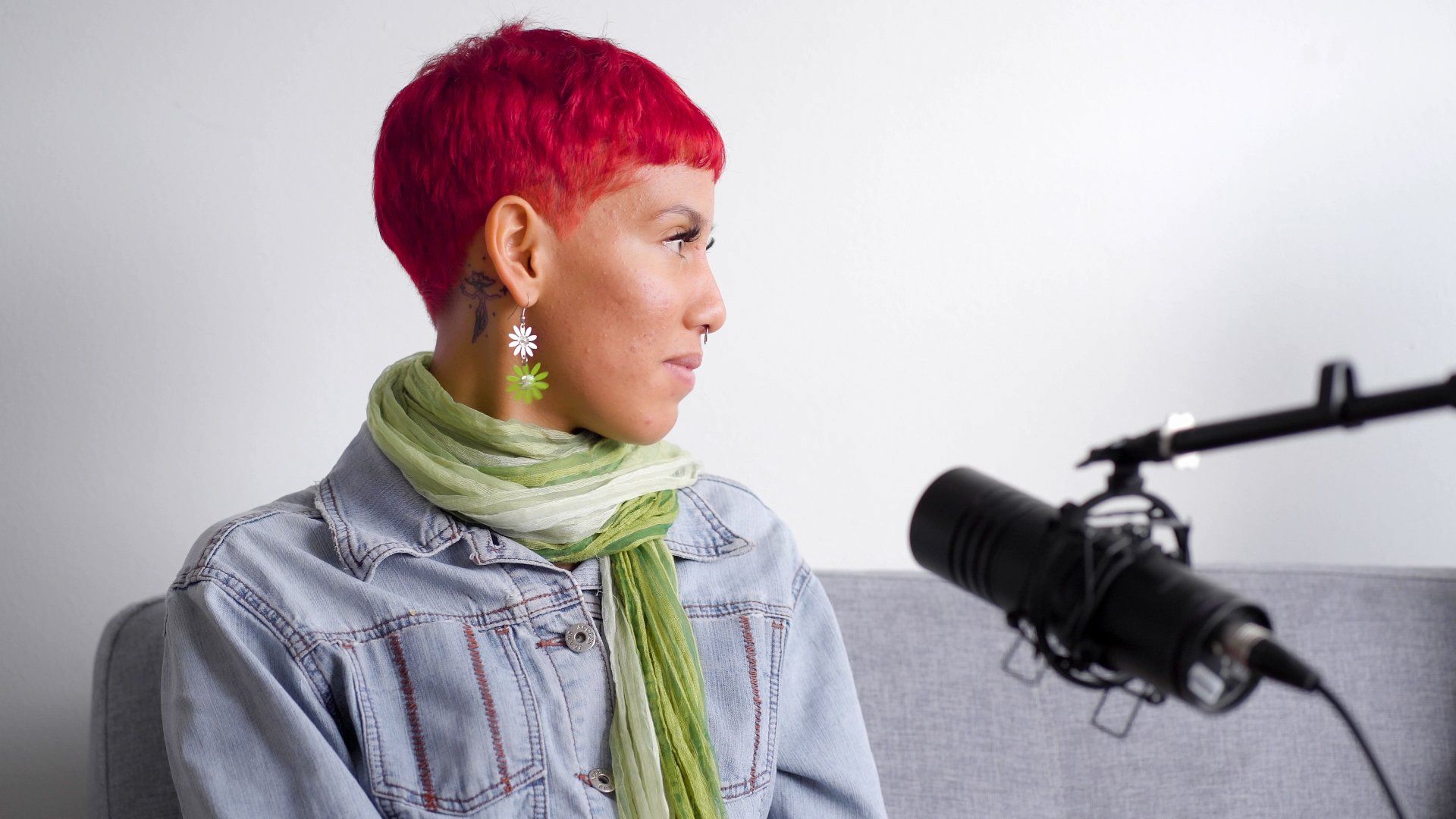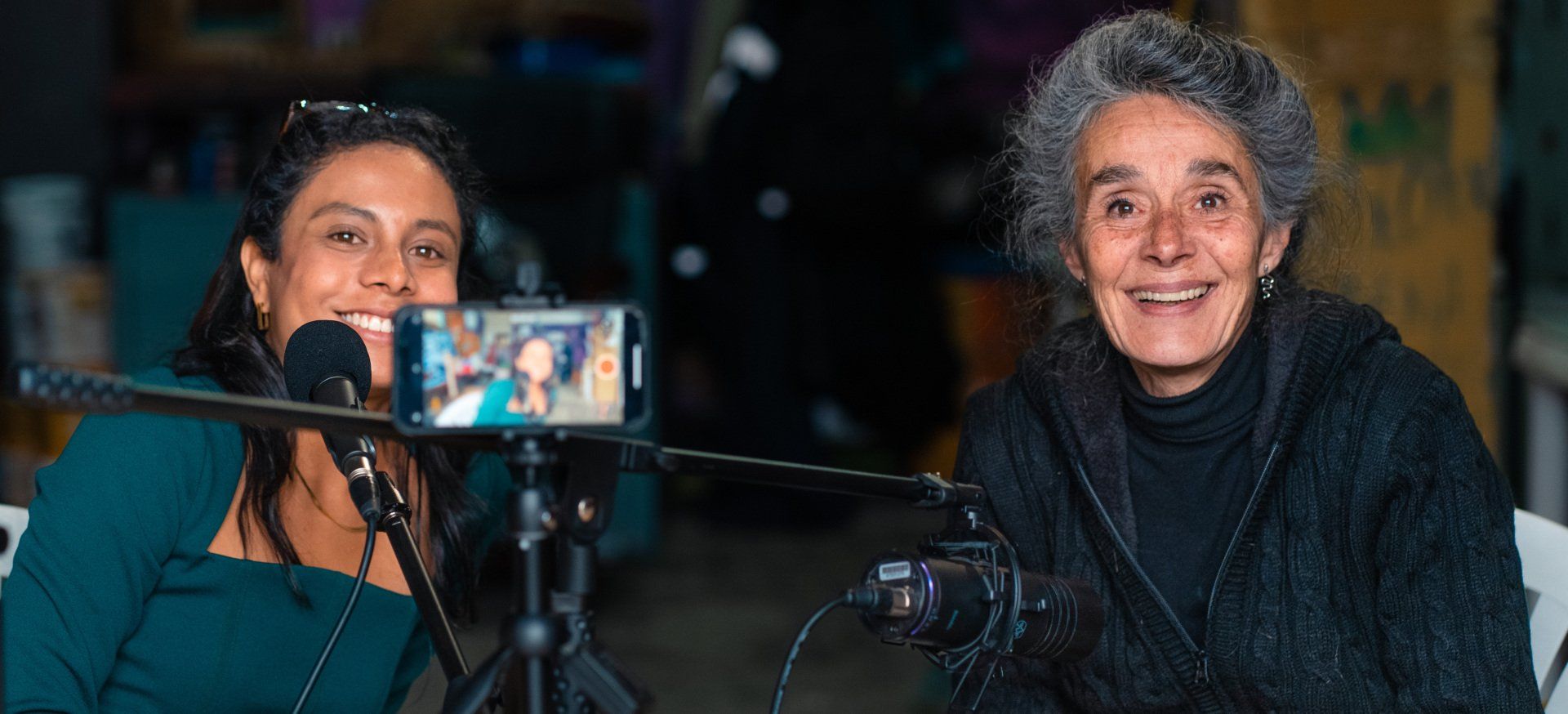At Everyday Heroes, we talk with regular people who make our world a better place every day. They are experts by experience that can teach us a lot about the world, its most pressing problems, and how to solve them. Because we believe that those who have suffered the most are the ones who inspire us the most. Think of Nelson Mandela, Victor Frankl or Malcolm X. It is those kinds people who know what this world needs. But unfortunately they are also those people who are often not heard in the media, politics and even in many podcasts that invite "academic" experts or celebrities. At Everyday Heroes we do listen to them. Because we know that they have the answers that lead the way towards a better future for everyone. In this podcast we discuss a wide range of topics, such as ways to achieve positive social change, the role of music and art in processing trauma, dealing with drug addiction, abuse and depression, indigenous knowledge, climate change and much more.
Attention: this podcast is spoken in Spanish. On our Youtube channel you can watch fragments with English subtitles





